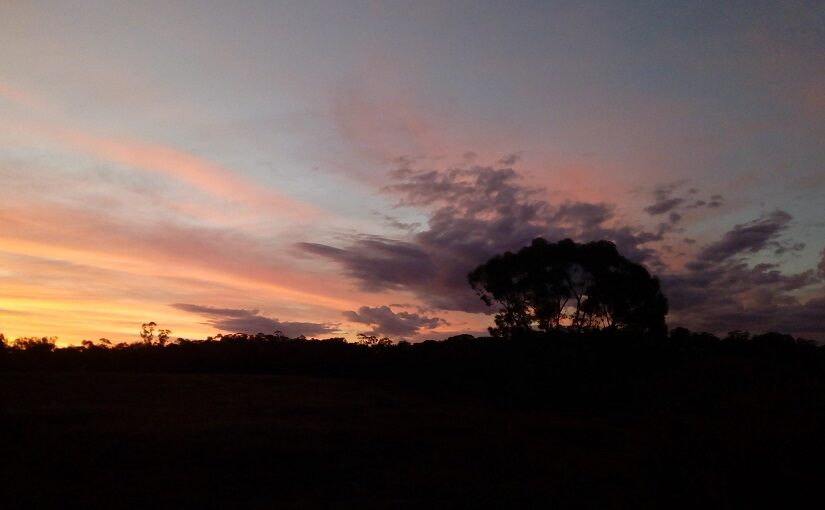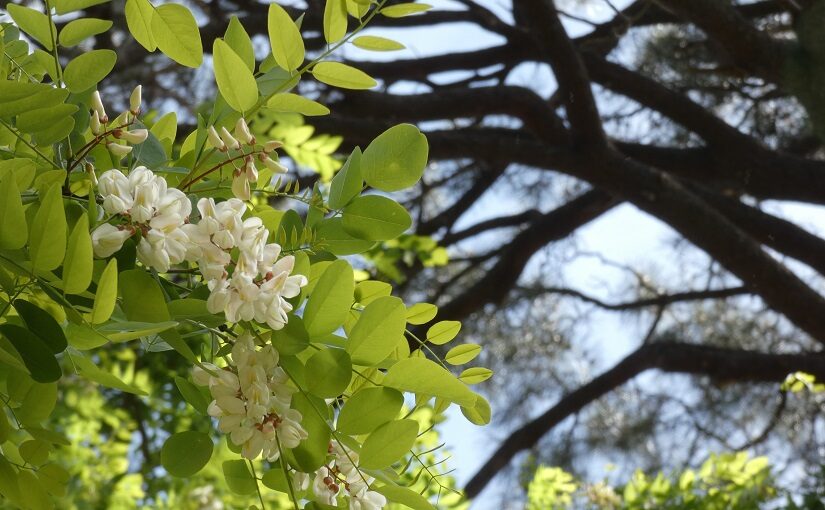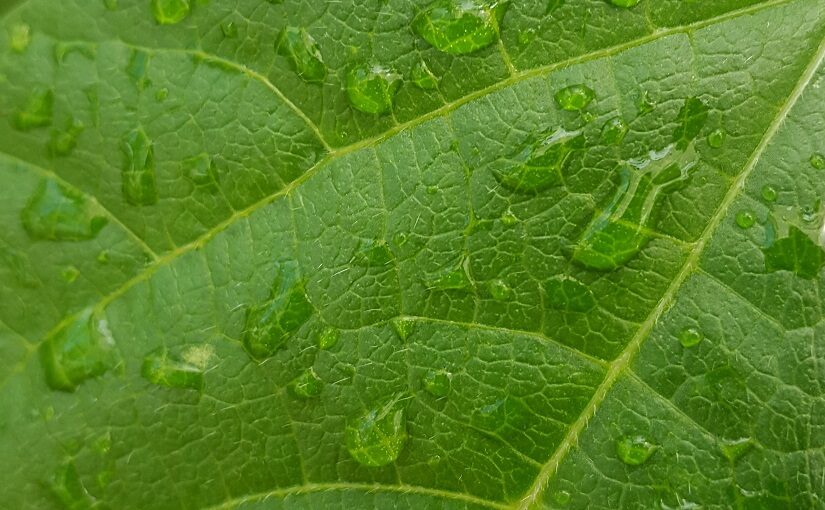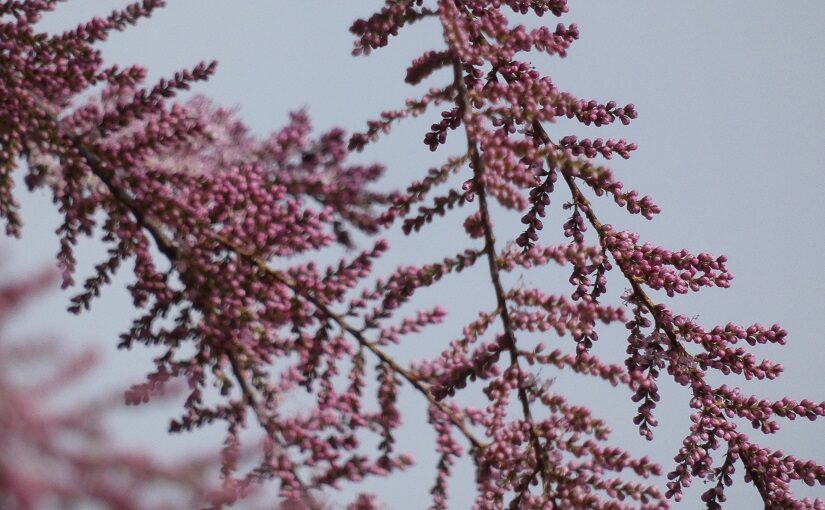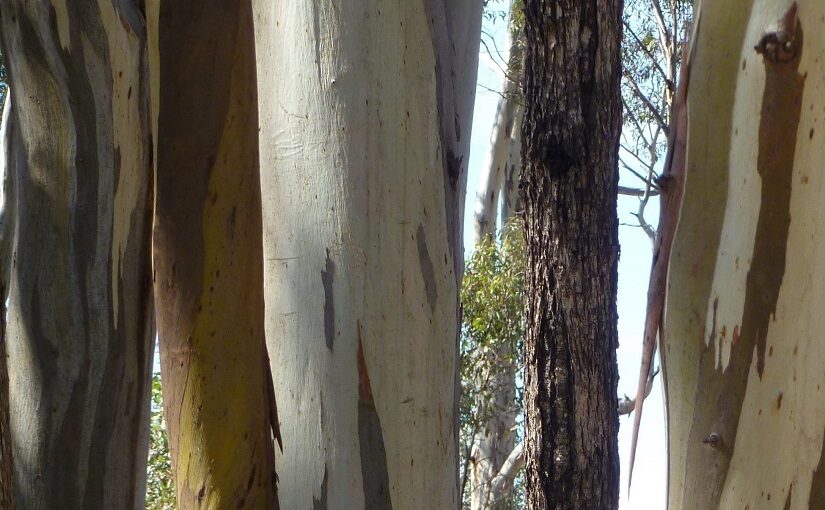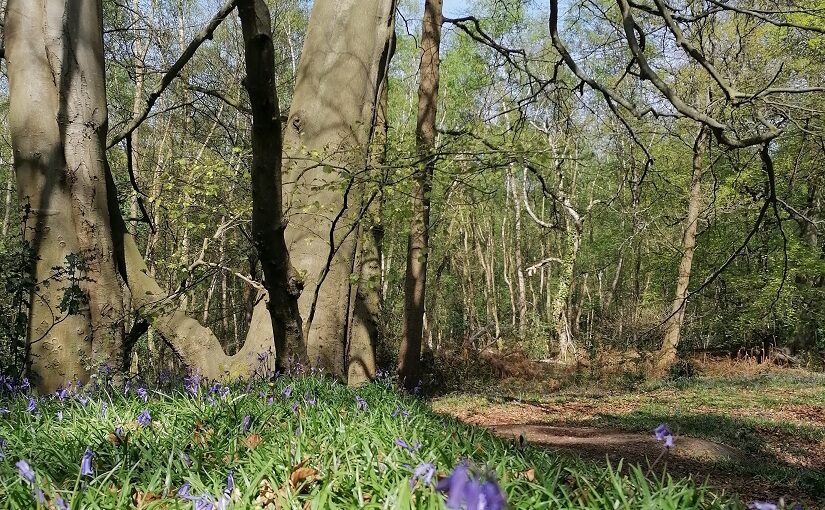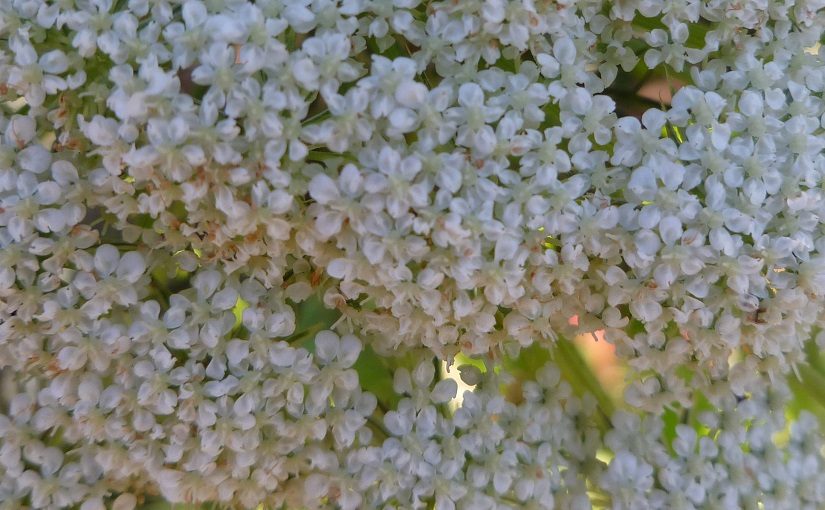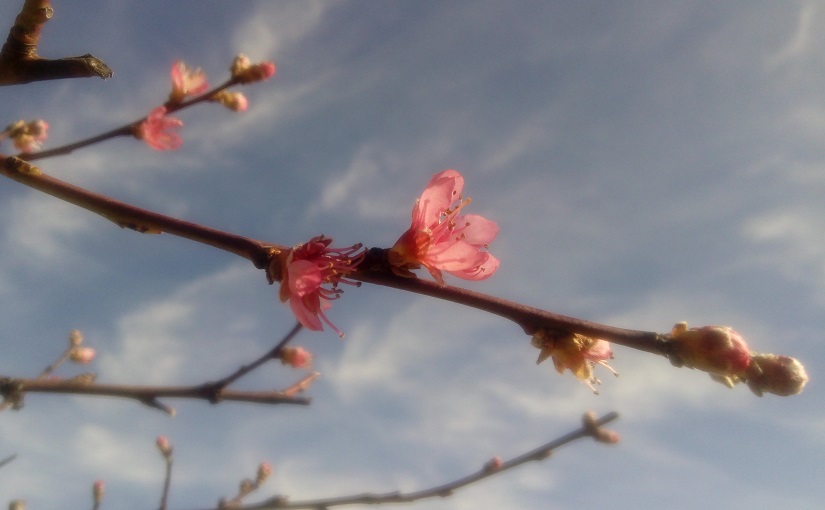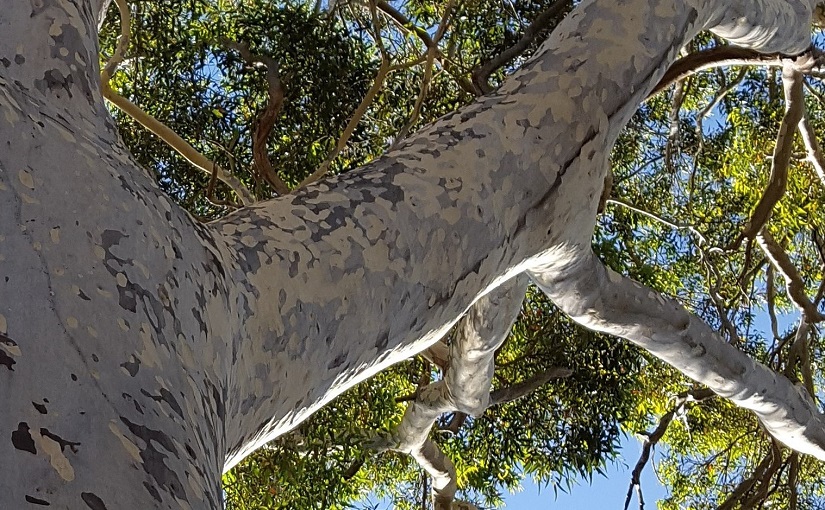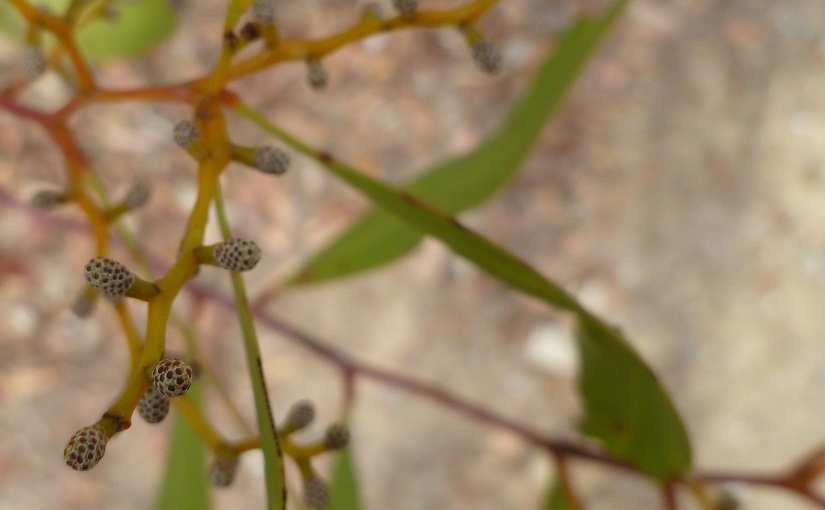Of all that lives in this world, we seem to be the ones with choices; and, the ability to foresee or understand their consequence. We’re not just obeying some innate compulsion or wisdom, but have this power to consciously raise ourselves “above” our surroundings and decide what kinds of lives we will lead. Everything else may tick away evenly without much direction, but we really seem to have our own ideas about it all.
What are we to make of that? This obligation to both understand and choose wisely, given that our as much as nature’s future might depend on it. Doesn’t power – capacity – and the freedom to wield it naturally come with responsibility? As if, in our choice to partake in things, we bring upon ourselves the duty to comprehend all we’re then part of. As thinking beings, can we ever truly defer “thinking things through” to others?
Although, of course, as much as we’re living in nature we’re also living in society – all its patterns, ideas and expectations surrounding us from before we were born, seeping into our own assumptions or unquestioned beliefs about what it is to be human and what we have the right to do in life. That way of thinking might be all we’ve ever known, but isn’t there still a choice? Presumably we still decide what we’ll take part in.
Sometimes I wish we could unravel all the thinking we’re tangled within, to see where it came from and what initial premisses all this has been built up upon. Underneath it all, won’t there be some fundamental ideas around “life”? Thoughts around nature, around freedom, around society, around need, around meaning that became woven up into this increasingly strange world of thought that now has such a hold over us.
Given how long humanity’s thinking about “life” has been evolving, might it not be that we would challenge some of those starting points? That our thinking, now, might’ve taken different directions had we been the ones laying the foundations for the modern way of life. Yet, there seems little opportunity to unearth and rethink such things – as if this structure we’re in, with all its thinking, is the only one now available.
If we – collectively as much as individually – are the ones, through our choices, setting things in motion that will affect countless other beings, though, don’t we still need to grasp what it is that we’re doing? To surround “life” with our greater understanding and intention, given how much our interventions could prove perilous.
Don’t we need to “know” the reasons; the risks; the causality; the dependencies; the justification? To understand, in thought, the lifestyle we’re leading and all it means for the nested, interconnected environments surrounding ours. To “see” what we’re doing and how much it stands to affect anything we might conceivably consider “valuable” in this world.
As the ones with the capacity to understand, decide and act, don’t we also carry an incredible responsibility to live those lives well?
Notes and References:
Doing the right thing, we erase consequences
Appealing to human nature or the human spirit
The optimism in nature
Thought, knowledge & coherent vision
Nature, wisdom & leadership
Wisdom the world no longer gives?
Appreciating other ways of being

